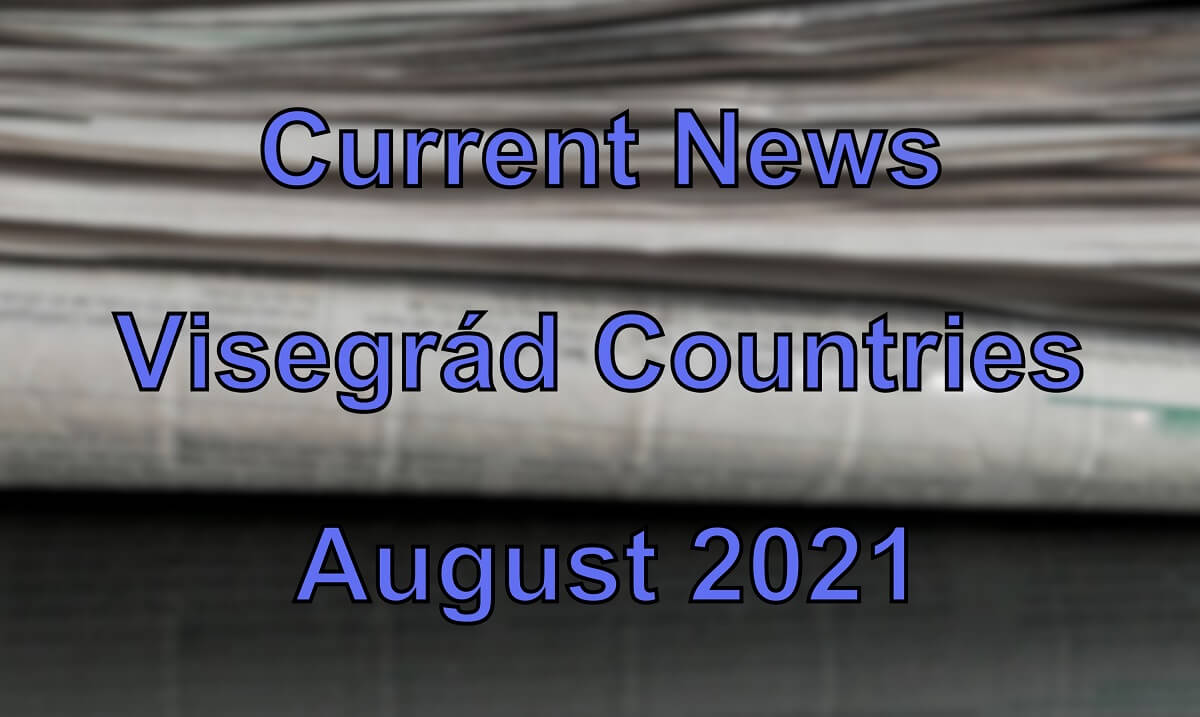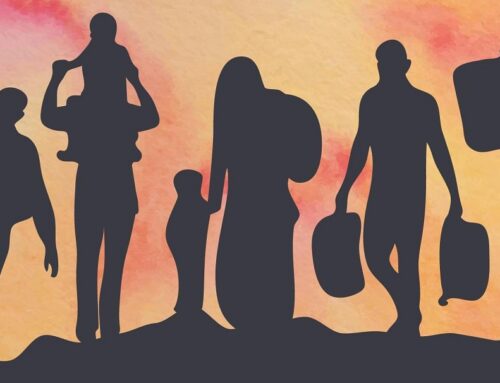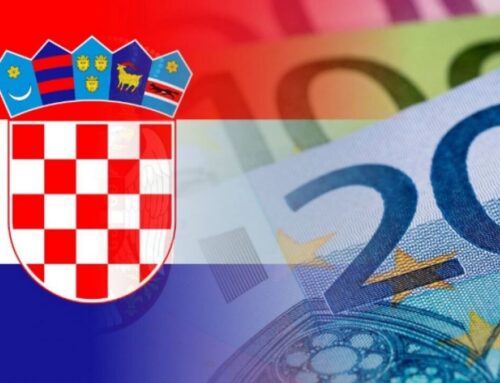Czech Republic
Covid-19: new developments and vaccination campaign.
On August 1st, the Czech government further lifted a number of restrictions aimed at countering the Covid-19 spread. These include an increase of the audience allowed in events, whether for sport or cultural purposes, to 3,000 indoors and 7,000 outdoors. However, access to events is only permitted to individuals who have been vaccinated, have contracted Covid-19 previously and are therefore immune, or people who can provide a certification of a negative test.
Furthermore, in order to encourage vaccinations, the government has announced that it will grant state employees who have vaccinated two days of paid holiday.
Train collision in the Plzeň region.
On August 4th, a Czech regional train collided with an international express train in the Plzeň region. As a result of the collision, three people lost their lives, including the two train drivers. However, around fifty-six people were left lightly and moderately injured, while eight were seriously hurt. According to authorities, the motive behind the disaster was the failure to halt at a specific top location by the driver of the international train which connected the Czech region to Munich, Germany.
Hungary
The Pride parade after Orbán’s announcement of a referendum.
On July 21st, Prime Minister Viktor Orbán announced that a referendum will be held on the topic of the anti-LGBTQ+ legislation introduced. This decision comes after the EU’s declared intention to launch two infringement procedures.
Nevertheless, three days later the streets of Budapest were filled with crowds of people, including diplomats from foreign embassies, participating in the Pride. Around 30,000 took part in the parade in support of the LGBTQ+ community, despite the legislation introduced by the Hungarian Government. Simultaneously, small counter-protests were organised by far-right groups.
A spyware to monitor the activities of investigative journalists.
The Hungarian government is at the center of a new scandal. It was found that the government has made use of a spyware – usually employed to counter criminals and potential terrorists – to stop investigative journalists. According to the findings, several mobile devices were infected with the spyware, including those belonging to politicians of opposition parties and journalists, allowing access to photographs, GPS locations and messages. Spokesmen from the Hungarian government commented referring to an overall “paranoia” among journalists.
Poland
Olympic athlete granted asylum in Poland.
Belarusian athlete Krystsina Tsimanouskaya accepted the asylum and humanitarian visa offer from Poland, the quickest country to answer the athlete’s plea. Asylum to the runner had already been offered by Czech Republic, as well. Tsimanouskaya claimed she had been subject to strong pressures to leave Tokyo as a consequence of criticism about her coaching staff, to which the Belarusian Olympic team had responded by withdrawing her from the competition. The athlete was able to receive protection from the Japanese police at Haneda Airport in Tokyo. Poland stated its willingness to help Tsimanouskaya with her future in sport. Before Tsimanouskaya, several dissidents of the Belarusian Government found shelter in Poland and have supported the runner.
A shift in the government’s position towards the EU.
In the final days of July, President of Poland Andrzej Duda released a comment on the European Union’s encouragement to align the Polish legislation with the EU law, adding that Poland will make the required changes in terms of the justice system. Following this line adopted by President Duda, at the beginning of August Prime Minister Mateusz Morawiecki communicated his hope to reach an agreement with the European Union on the judicial issue, suggesting that their membership in the EU is highly valued. This marks a turn of events in the context of the right-wing Polish government’s discourse.
Slovakia
Covid-vaccine legislation triggers crowded protests in the capital.
On Friday July 23rd, crowds gathered in the streets of Bratislava to protest against new measures related to vaccination in Slovakia. Protesters eventually obstructed the city traffic and blocked the entrance of the Slovak Parliament, requiring the intervention of the anti-riot police. The demonstrations were triggered by a new legislation requiring people to enter public spaces such as restaurants and cinemas only if vaccinated, with a certification of post-Covid immunization or a negative test. Protests persisted in the week after and are expected to replicate in the following days.
A promising agreement between the Slovak and Greek authorities on issues of migration.
As a consequence of bilateral cooperation established between Greece and Slovakia, both countries will cooperate, beginning from autumn 2021, on issues related to migration and asylum, identification, monitoring and conflict resolution. A partnership approach, established between the Migration Office of Slovakia and the Ministry of Migration and Asylum in Greece, towards the migratory phenomenon will involve cooperation in terms of materials and human resources, as well as training.




